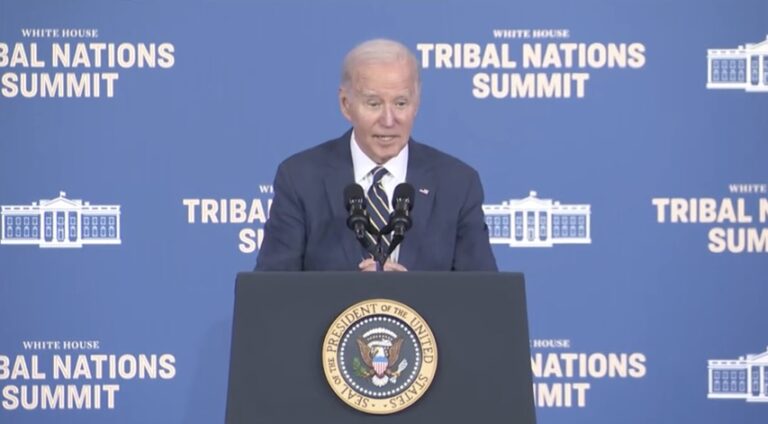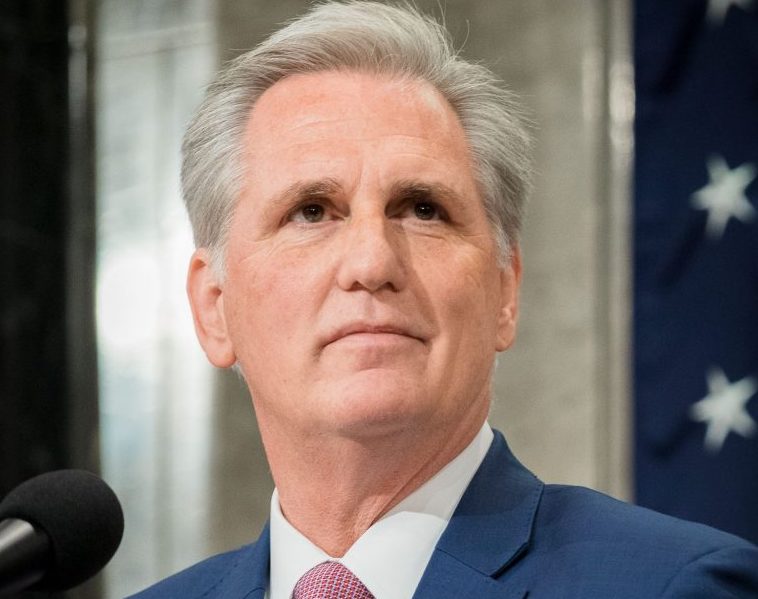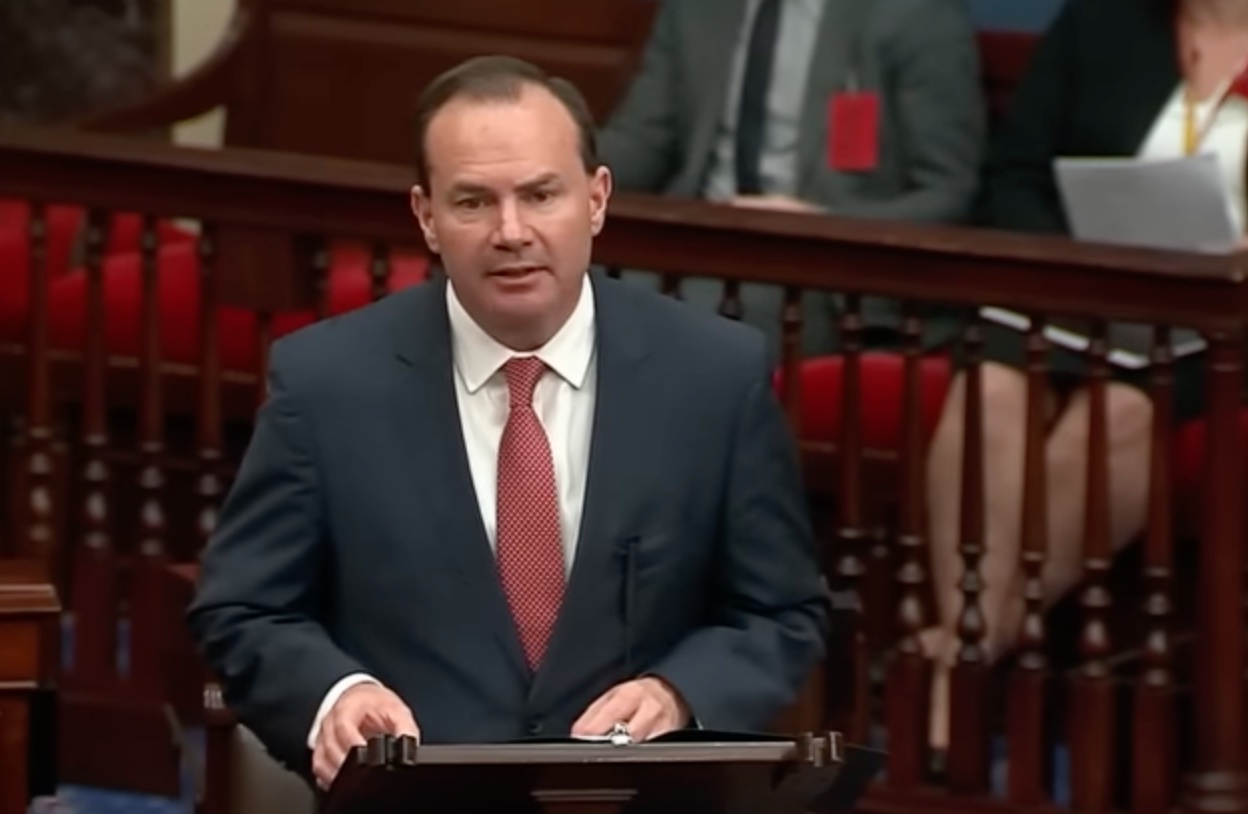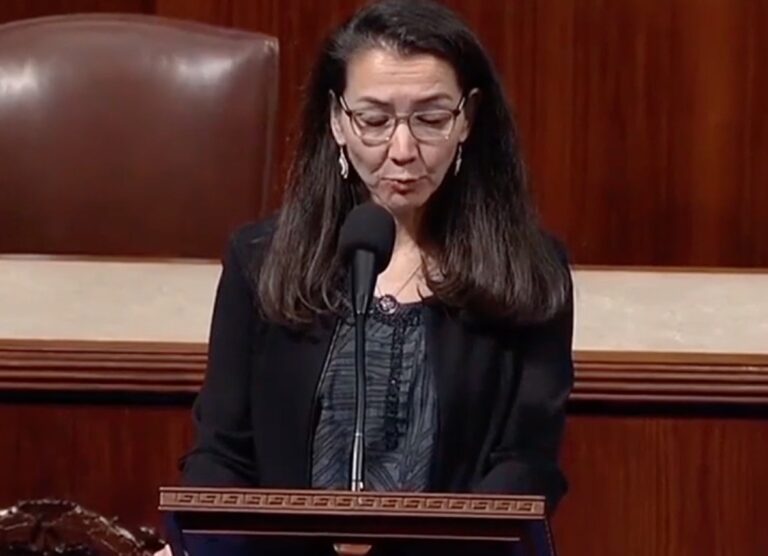By REP. JAMIE ALLARD
Dec. 7, 1941, a date that will live in infamy, the United States of America was thrust into World War II following the attack at Pearl Harbor.
Our young men answered the call to arms with a resounding and courageous “hooah!” An astounding 16.1 million Americans defended not only our nation but all the world from the evils of a totalitarian dictatorship.
The future hung in the balance while genocidal ideologies ravaged the globe. History witnessed humble Americans bravely sacrificing themselves not just in service to our country but in service to humanity itself. The Greatest Generation saved the world!
Each day we are losing the last of our precious World War II veterans. Only 119,550 remain living today. Most are now centenarians. Ask them and they would say they aren’t heroes. The heroes died. They are just the lucky ones. But it is the survivors, with their harrowing stories of great loss, who compel us to remember the high cost of war and the sanctity of laying one’s life down for a friend.
My grandparents were the Greatest Generation, born between 1919-1927. My grandfather fought in World War II. I am proud of the legacy they left me. I wonder if they would recognize America as she is today. Would our young men and women flock to defend our nation from such a threat as they faced? Is patriotism dead? Do we have something worth fighting for? Or would they weep to see what we have become? Are we proud of the legacy we are leaving for our grandchildren?
Back then, 18-year-old boys stormed the beaches of Normandy to stop the slaughter of innocent babies at the hands of the Nazis. Today, they whine about pronouns on TikTok.
We must reclaim our values that built this nation. Someday, the world will once again face a great evil, and it’s up to us to prepare our children to answer the call.
The Greatest Generation taught us the importance of self-sacrifice, responsibility, integrity, and work ethic. Born on the heels of the first world war, they suffered through the Great Depression, persevered through extreme hardships, defeated an evil superpower, and built a better future for their children.
We must honor them and hold their love close to our hearts. We must share all the history of their lives and service with our children, our grandchildren, and future generations. We honor their desire to do the right thing, and to willingly give their lives for a righteous cause. In remembrance and sharing their stories, we affirm those values in our culture, and commit ourselves to preserving them.
On Dec. 7, we remember the fragility of peace and the price of war. “Thank you” seems woefully small. We will remember the courage and bravery with which they fought, the sacrifices they made, and the values on which they built a stronger nation. Our children will know the stories of how the Greatest Generation saved us all.
Rep. Jamie Allard serves in the Alaska Legislature on behalf of the Alaskans of Eagle River, House District 23.








